T4K3.news
Countries react to Trump's new tariffs
U.S. trade partners respond to Trump's executive order imposing new tariffs.
Countries respond to President Donald Trump's new tariffs affecting global trade.
Global reactions emerge to Trump's latest tariffs
Countries around the world have begun to respond to President Donald Trump’s new tariffs set to take effect soon. The recent executive order includes a 35% tariff on goods from Canada, which will start on Friday. This measure aims to address a perceived lack of cooperation from Canada on illicit drug issues. Other nations, including Thailand, Pakistan, and Malaysia, celebrated reduced tariff rates, indicating a more favorable negotiation outcome. Thailand reduced its rate from 36% to 19%, while Pakistan welcomed a decrease to 19%, down from 29%. Conversely, Norway expressed disappointment over its 15% tariff, advocating for zero tariffs instead. Meanwhile, Switzerland faces a steep 39% without much hope for negotiation. The varying responses underline the tension surrounding trade relations and highlight national interests and competitive advantages across the region.
Key Takeaways
"This is good news for the people and economy of Cambodia to continue developing the country."
Cambodian Prime Minister Hun Manet expresses gratitude for the tariff reduction, highlighting its economic importance.
"This 19% rate reflects the strong friendship and close partnership."
Thailand's finance minister points out the diplomatic significance of the reduced tariff.
"No U.S. tariffs can be justified because Australia imposes no tariffs on its bilateral free trade partner."
Australian Trade Minister emphasizes the inequity of tariff impositions.
"We hope that in further negotiations we will get a more beneficial and more reasonable tax rate."
Taiwan's President expresses optimism about lower tariff rates post-negotiation.
The reactions to Trump's tariff policy reveal the complexity of international trade relations. Countries like Thailand and Pakistan are quick to highlight the positive aspects of reduced tariffs while maintaining their competitive positions. In contrast, other nations express frustration over what they perceive as unilateral actions that hurt their economies. These tariffs may lead to reworked alliances and shifts in trade patterns in regions where many countries rely heavily on exports to the U.S. For some, this situation may solidify partnerships, while for others, it raises concerns about future negotiations and economic stability.
Highlights
- Tariff decisions will reshape international trade relations.
- Countries are navigating a complex web of negotiations.
- Fair trade agreements remain a distant goal for many nations.
- Economic growth hinges on delicate diplomatic ties.
Trade tensions and economic risks
Trump's new tariffs may lead to retaliatory measures and escalate global trade tensions. This has the potential to harm international relations and disrupt economic stability in affected countries.
As trade talks continue, these tariff introductions may reshape the landscape of international commerce.
Enjoyed this? Let your friends know!
Related News
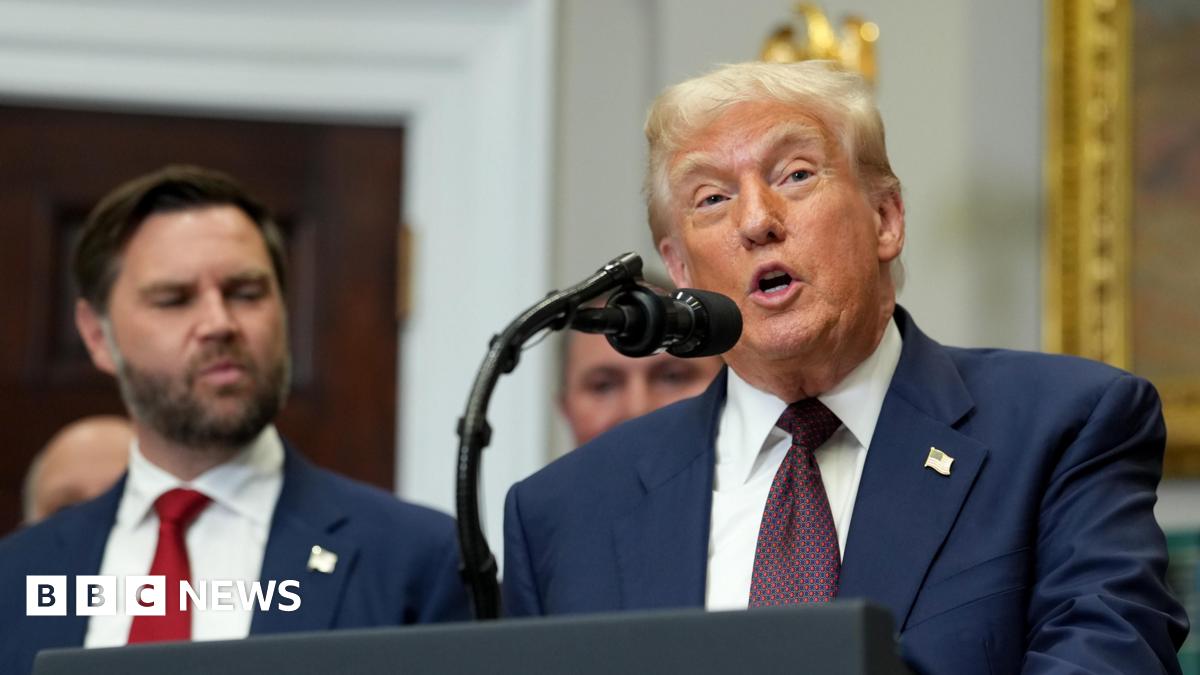
Trump raises tariffs on over 90 countries
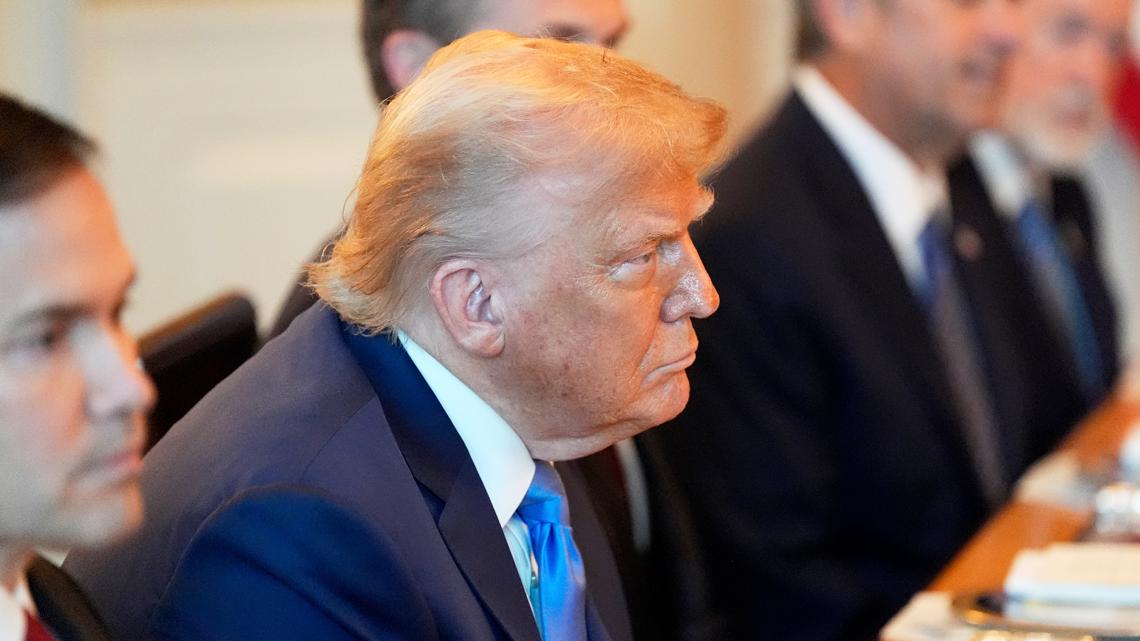
Trump announces new tariffs on imports
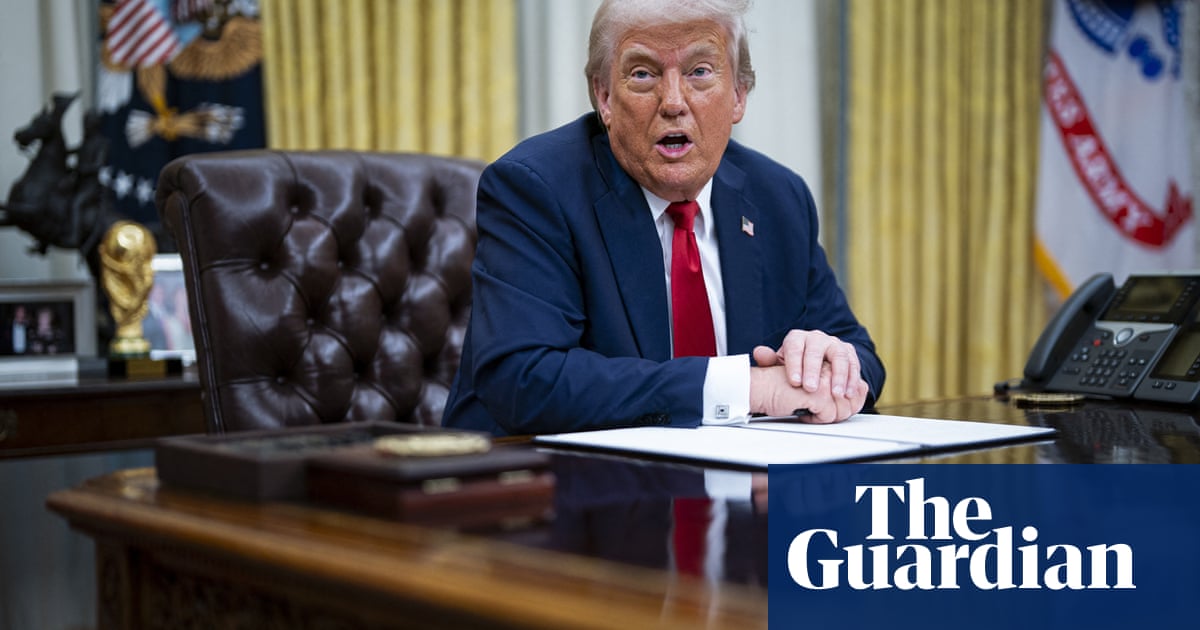
Trump announces new tariffs
Trump's new tariffs to impact global trade
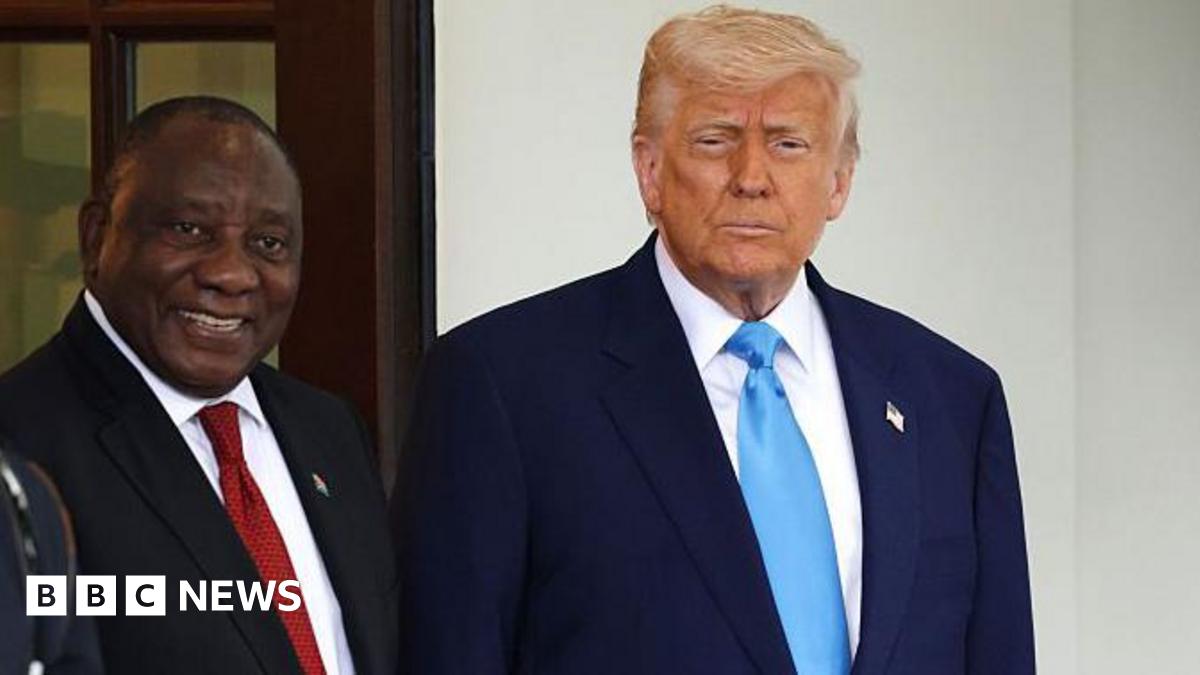
Trump announces 30% tariffs on South Africa

Bitcoin reaches record high ahead of Trump's inauguration
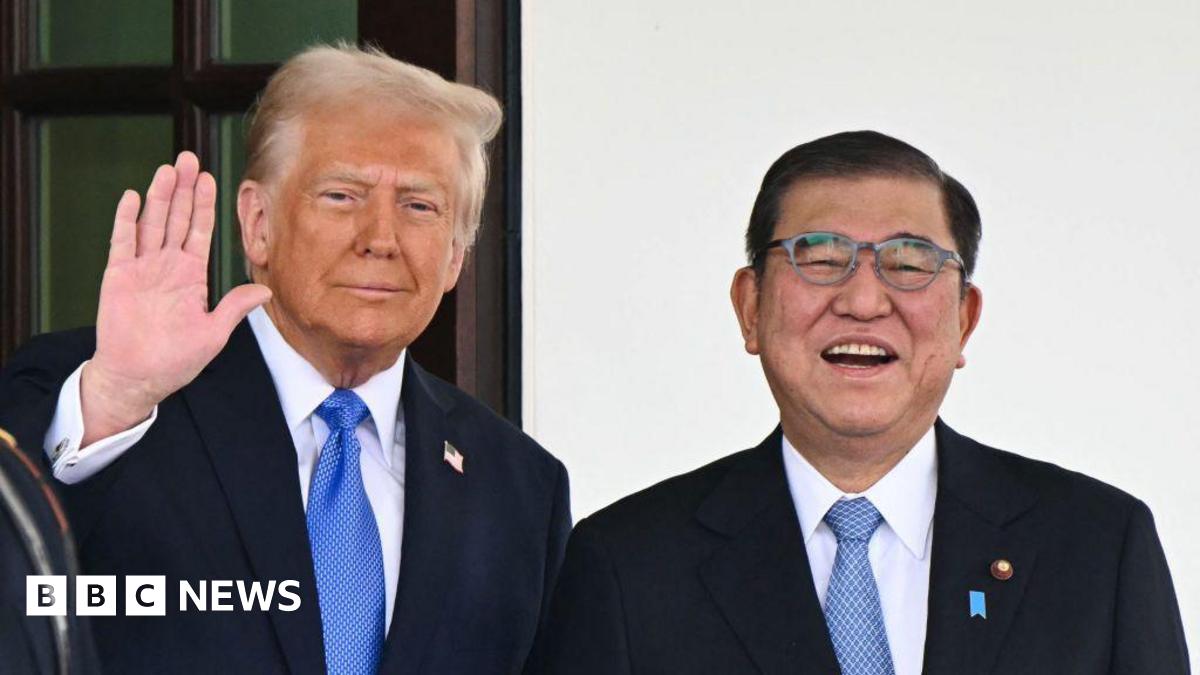
US and Japan finalize major trade deal

Stocks hit record highs despite tariff threats
